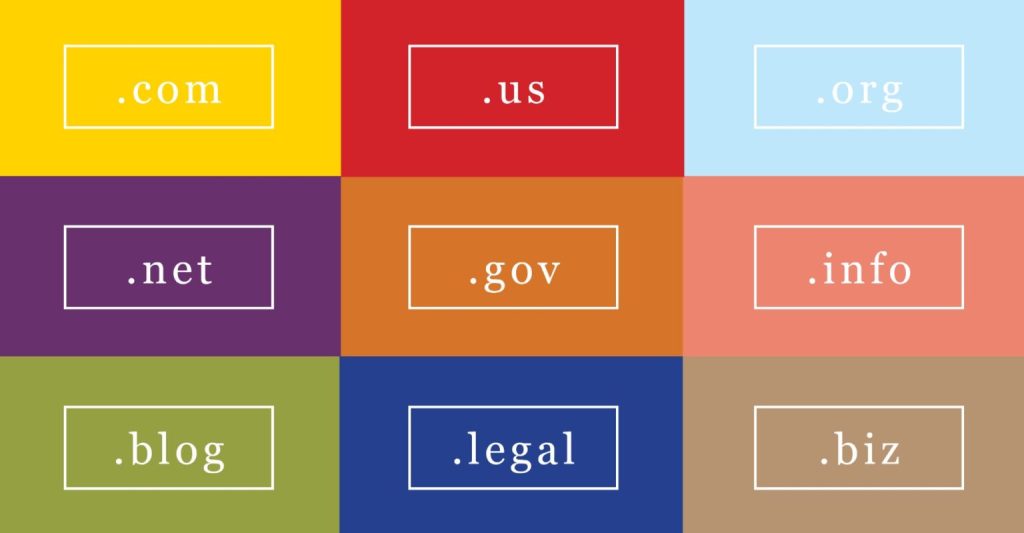What is Domain?
In today’s interconnected digital world, domains play a crucial role in establishing an online presence and connecting users with websites. But what exactly is a domain? Let’s delve deeper into this fundamental aspect of the internet.
At its core, a domain serves as the unique identifier for a website on the internet. It acts as the virtual address through which users can access a particular website. Just as you answer a call by your name, a website responds to requests through its domain name.
To better understand the concept, imagine your website as your home in the vast online landscape. The domain, then, becomes the address that guides visitors to your digital abode. It simplifies the process of locating and accessing your website among the multitude of online destinations.
When creating a website, securing a domain is the first step towards establishing your online presence. It serves as your digital identity, enabling users to find and interact with your content easily. Each website across the internet possesses a unique domain name, allowing it to stand out amidst the vast sea of web addresses.
Notably, a domain name consists of a minimum of one character and can be up to 63 characters long. The possibilities for crafting a unique and memorable domain name are virtually endless. It’s worth mentioning that the first commercial domain name, “symbolics.com,” was registered by Cambridge computer firm Symbolics on 15th March 1995, marking a significant milestone in internet history.
Now, let’s explore the concept of domain extensions. The section following the dot (.) at the end of a domain name is known as the domain extension or top-level domain (TLD). This extension further categorizes and provides context for the website’s purpose or affiliation.

Several popular domain extensions exist, each serving different purposes. Here are a few examples:
- “.com” (commercial): This extension is commonly associated with commercial entities and is one of the most widely recognized and used extensions worldwide.
- “.net” (network): Originally intended for network infrastructure, this extension is now used by a wide range of websites and organizations.
- “.org” (organization): Often used by non-profit organizations, charities, and other similar entities, this extension signifies a commitment to a cause or purpose.
- “.co” (company): Frequently used by businesses, this extension offers a shorter and more concise alternative to the traditional “.com” extension.
- “.io” (input/output): Originally assigned to British Indian Ocean Territory, this extension has gained popularity in the tech industry and is often associated with technology startups and innovative projects.
- “.me” (personal): This extension is often used by individuals or personal websites, adding a personal touch to the online presence.
- “.xyz” (generic): This extension has gained popularity as a versatile and modern alternative, suitable for various purposes and industries.
These are just a few examples of the multitude of domain extensions available. The choice of domain extension can provide valuable information about the nature of the website, making it easier for users to identify and engage with relevant online destinations.
In conclusion, a domain serves as the digital address for a website, enabling users to locate and access online content. It is an essential component of establishing an online presence and plays a crucial role in identifying and differentiating websites across the internet. Understanding the significance of domains and their extensions can help individuals and businesses create a strong and memorable online identity.



